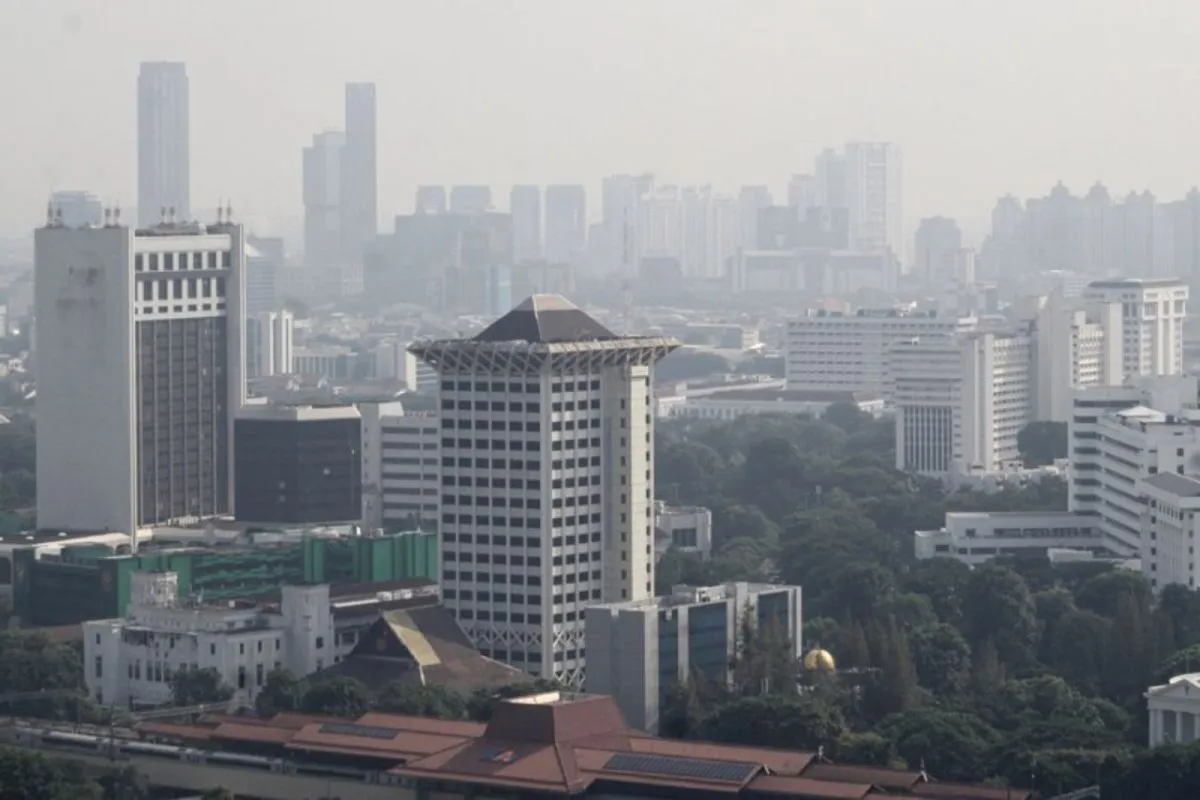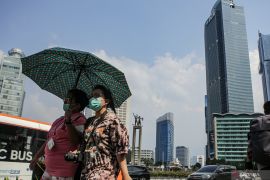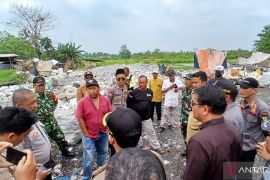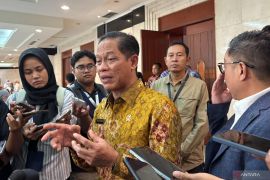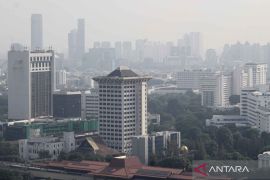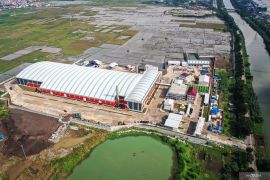"This system will provide air quality information in real time and for the next three days, including recommendations of mitigation efforts that can be taken by the community," Head of the Jakarta Health Office Asep Kuswanto said here on Friday.
According to him, the system is designed not only to serve as a basis for decision-making but also as a form of protection for residents' health against the negative impacts of air pollution.
Kuswanto emphasized the importance of building the community's collective awareness on air pollution issues.
He assessed that the behavioral change of individuals is an essential part of efforts to control emissions in Jakarta.
"We encourage the residents to start switching to public transportation, cycling, or walking. With the participation of all parties, we can realize healthier and more sustainable air quality in Jakarta," he remarked.
Meanwhile, the Indonesia Office Director of Clean Air Asia, Ririn Radiawati Kusuma emphasized that the successful implementation of the early warning system does not only depend on the government but also requires the active participation of the community.
"The biggest factor determining the effectiveness of the EWS is human behavior. For example, when public transportation is made free on days with high pollution levels, will people be willing to leave their vehicles? this is a shared challenge that we must face," she said.
Furthermore, Kusuma encouraged the community to contribute to reducing air pollution by reducing mobility when air quality worsens, including wearing masks and working from home if possible.
She also noted that educational institutions and companies are also expected to participate, such as by implementing remote learning and work-from-home policies when necessary.
Related news: Jakarta fights air pollution with water mist ahead of eco festival
Related news: Ministry seeks stronger regional supervision to tackle air pollution
Translator: Khaerul Izan, Raka Adji
Editor: Primayanti
Copyright © ANTARA 2025
